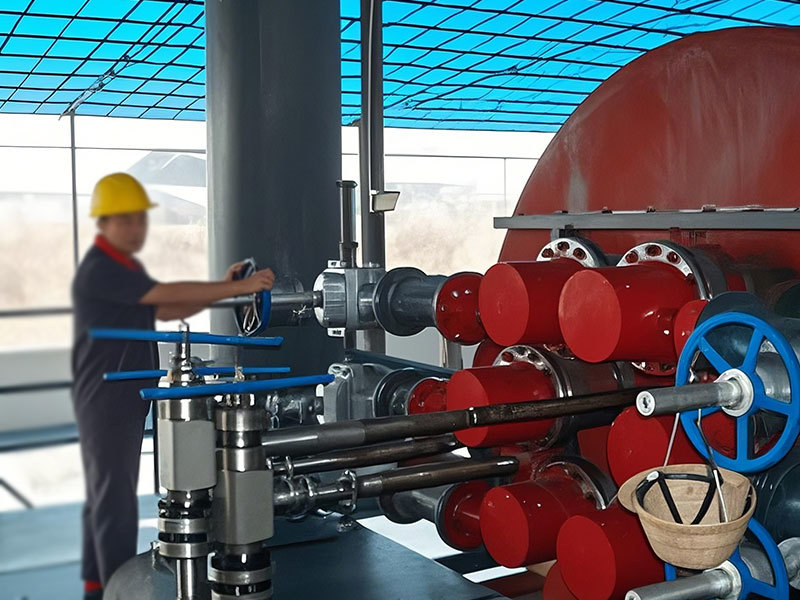Unlocking the Potential of Quality Sodium Polyphosphate in Biochemical Applications
2025-08-23

Sodium polyphosphate, a versatile chemical compound, plays a crucial role in numerous biochemical applications. It is a linear polymer made from phosphate groups that offers various functionalities, including chelation, emulsification, and stabilization. As a professional in the chemical and biochemical sector, understanding the significance of quality sodium polyphosphate can enhance your product formulations and overall operations.
One of the primary uses of sodium polyphosphate is as a dispersant in various industrial applications, including water treatment, food processing, and detergents. Its ability to bind with metal ions helps prevent precipitation and scaling, thus improving product efficiency. When selecting sodium polyphosphate, the quality of the product is paramount. High-quality sodium polyphosphate ensures better solubility and stability, which directly influences the performance of the end products.
In the food industry, sodium polyphosphate is often used as a food additive, contributing to texture and moisture retention in processed foods. Its ability to act as a pH buffer also aids in preserving the flavor and freshness of food items. However, the food-grade quality of sodium polyphosphate must be carefully assessed to ensure compliance with safety standards and regulations. This includes examining its purity, the presence of contaminants, and the sourcing of raw materials, all of which significantly impact its overall quality.
Furthermore, sodium polyphosphate is utilized in various biochemical research settings, where it serves as a buffering agent in biological systems. Its ability to maintain a stable pH is crucial for experiments involving enzymes, proteins, and other biochemical substances. Researchers often prefer high-quality sodium polyphosphate to ensure accurate and reliable results in their studies.
When considering the procurement of sodium polyphosphate, it is essential to evaluate several factors to ensure quality. This includes assessing the manufacturing processes, examining the supplier's certifications, and seeking third-party testing results. Additionally, understanding the specific grade required for your application—whether it be industrial, food, or laboratory-grade—can make a significant difference in the effectiveness of the compound in your processes.
In conclusion, quality sodium polyphosphate is an invaluable asset across various biochemical applications. Its multifaceted properties make it essential in numerous industrial sectors, from food processing to laboratory research. As you navigate the complexities of the chemical industry, keeping abreast of the quality parameters of sodium polyphosphate will empower you to make informed decisions that enhance product efficacy and safety.


 TESFA STPP
TESFA STPP